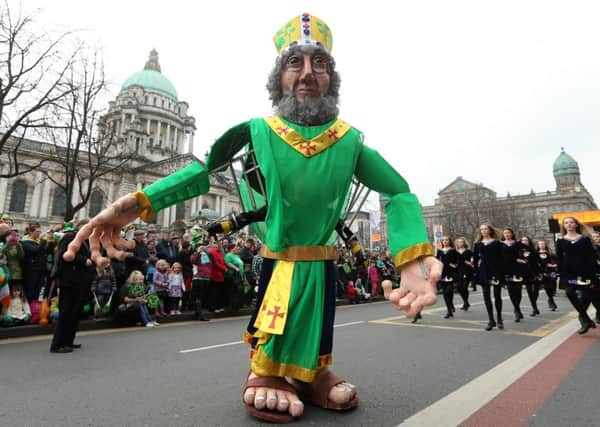St Patrick would turn in his grave at how his name is used today


However we also get reports of police concerns over criminal and anti-social behaviour through mindless binge drinking during the festivities. I wonder what St Patrick would make of it all?
This year St Patrick’s Day falls on a Sunday, but it is unlikely that Sunday observance will make much difference to those determined to party.
Advertisement
Hide AdAdvertisement
Hide AdPatrick’s beliefs and focus are largely ignored each year and even the history books do not always include forgotten details about him, such as the fact that he, as a pre-Roman Celtic Christian and all those who came after him that spread Irish Christianity to Britain and Europe, took the Fourth Commandment literally by resting on the Sabbath (Saturday), as opposed to the later imposition of Sunday.


They also permitted their clergy to marry, remembered the Lord’s death on the date of Passover according to the Biblical date of Nisan 14, as opposed to the later Roman introduction of ‘Easter’ which focussed more on the Resurrection and was oddly named after a pagan deity.
Most overlooked is the fact that they also kept Biblical food and hygiene guidelines by avoiding unclean scavenger animals such as pigs and shellfish etc like the first early church.
He probably wouldn’t believe the evolution in church practice since his time, not to mention all the veneration, ‘Saint’s Day,’ and rowdy festivities in his name. He was neither Catholic or Protestant.
I’d say St Patrick would turn in his grave at what his name has come to represent today.
Colin Nevin, Bangor